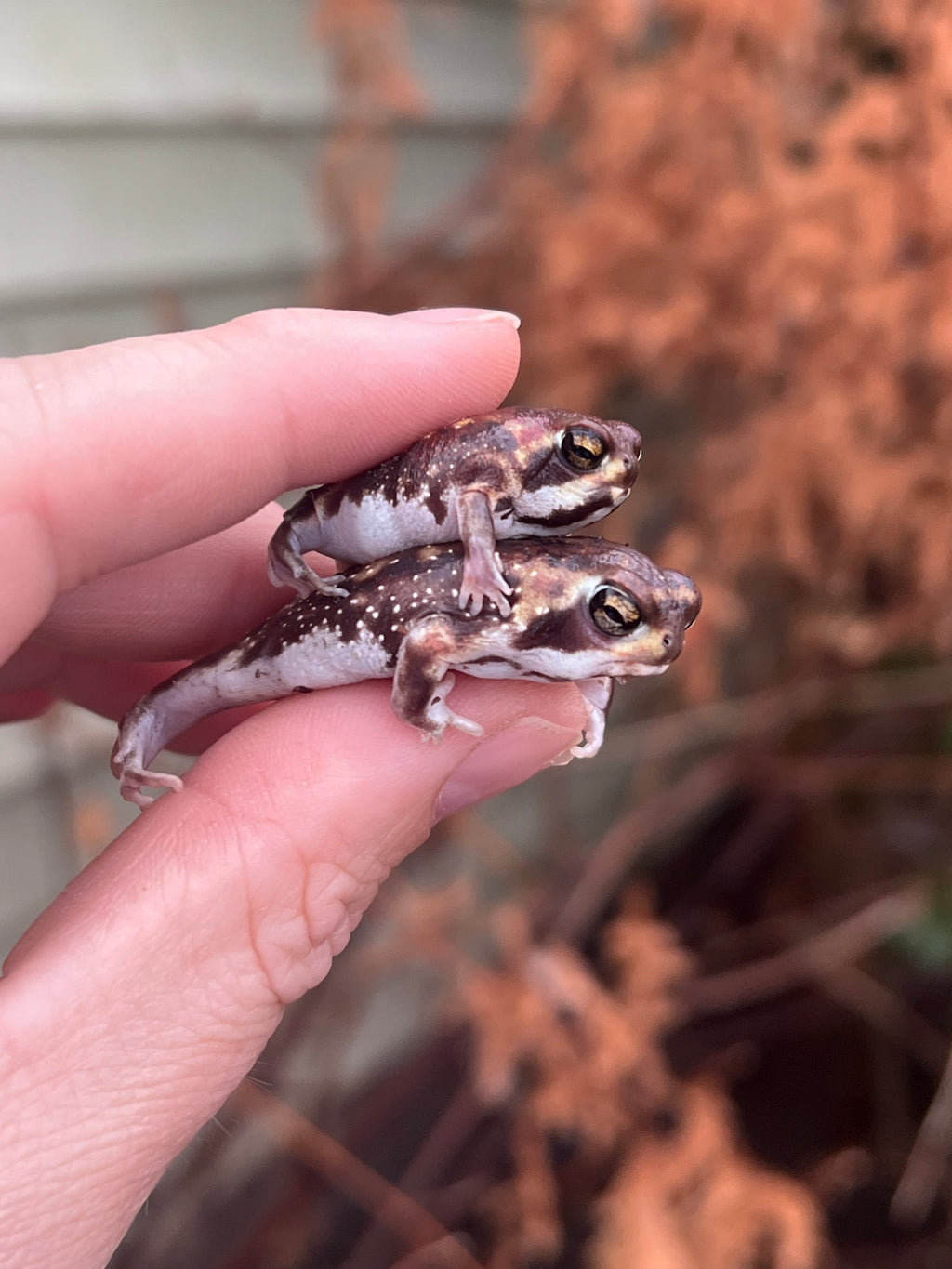Common Wellness Issues in Reptiles: Signs and Solutions
In the detailed globe of reptile treatment, comprehending the common health concerns that might affect these special creatures is vital in ensuring their well-being. From respiratory infections that can calmly hold to metabolic bone diseases that can debilitate, reptiles are at risk to a variety of conditions that require keen monitoring and prompt intervention. Whether it's grappling with parasitical invasions, navigating dehydration concerns, or dealing with skin disorders that materialize in subtle means, being in harmony with the signs and outfitted with the understanding of effective remedies is crucial for any type of reptile owner. By diving even more right into the nuances of these wellness problems and discovering the functional remedies offered, one can safeguard the health and wellness and vigor of these interesting pets.
Respiratory Infections
Respiratory system infections in reptiles can substantially affect their overall wellness and call for timely focus from knowledgeable veterinarians. In reptiles, respiratory infections can be specifically challenging to diagnose and treat due to their unique composition and physiology.
Therapy for respiratory system infections in reptiles generally entails a mix of supportive treatment, such as preserving proper moisture degrees and temperature gradients in the unit, in addition to targeted medicine to deal with the details microorganism in charge of the infection. It is crucial for reptile proprietors to monitor their family pets closely for any kind of signs of respiratory system distress and seek vet care at the earliest indicator of a concern. With timely treatment and suitable therapy, numerous reptiles can recoup fully from breathing infections and return to typical tasks.

Metabolic Bone Disease
What factors contribute to the growth of Metabolic Bone Condition in reptiles?
Metabolic Bone Disease (MBD) in reptiles is mostly caused by a lack of appropriate calcium, phosphorus, and vitamin D3 degrees in their diet. When reptiles do not get appropriate calcium, either via their food or correct UVB direct exposure for vitamin D3 synthesis, they go to a high threat of establishing MBD. Reptiles with diet plans low in calcium or imbalanced calcium to phosphorus proportions are particularly susceptible. Additionally, inadequate exposure to UVB light avoids reptiles from synthesizing vitamin D3, which is vital for calcium absorption and bone wellness.
Inadequate moisture levels can additionally affect a reptile's ability to metabolize calcium successfully. Regular vet check-ups, appropriate husbandry practices, and a well balanced diet regimen are necessary to prevent Metabolic Bone Condition in reptiles.
Parasitic Invasions
Parasitical infestations posture a significant wellness risk to reptiles, impacting their general wellness and requiring timely vet focus. Reptiles can be affected by different bloodsuckers, consisting of mites, ticks, internal worms, and protozoa. These parasites can create a range of signs, such as weight reduction, lethargy, skin inflammation, looseness of the bowels, and even death if left without treatment.
One usual parasite discovered in reptiles is the mite, which can trigger skin anemia, irritability, and tension. Ticks are one more outside bloodsucker that can create and transfer illness discomfort to the reptile. Internal bloodsuckers like worms and protozoa can bring about digestive issues, poor nutrition, and compromise the reptile's immune system.
To identify a parasitic infestation, a veterinarian may perform fecal examinations, skin scrapings, or blood examinations. Therapy often involves deworming medications, antiparasitic bathrooms, or in extreme instances, a hospital stay. Preventative procedures such as routine veterinary exams, correct description health, and quarantine procedures for new reptiles can aid decrease the danger of parasitic infestations and ensure the health of reptile pet dogs.
Dehydration and Hydration Issues
Dehydration in reptiles can considerably impact their wellness and well-being, demanding timely treatment and suitable hydration monitoring. If left neglected, dehydration can lead to significant health and wellness issues and even be deadly to the reptile.
To avoid dehydration, reptile proprietors ought to make certain that their pet dogs have access to clean water whatsoever times. The water dish must be large enough for the reptile to take in if needed, particularly for varieties that absorb water with their skin. Additionally, preserving appropriate moisture levels in the reptile's room and giving regular baths can aid stop dehydration.
In cases of dehydration, it is vital to seek vet treatment promptly. A vet may provide liquids either by mouth or through injections to rehydrate the reptile. It is necessary to address the underlying root cause of dehydration to stop recurrence and guarantee the reptile's general wellness.
Skin Disorders

Verdict

Respiratory infections in reptiles can significantly affect their overall health and wellness and require timely focus from skilled vets (rain frog for sale). Preventative steps such as normal veterinary exams, proper health, and quarantine treatments for new reptiles can assist reduce the risk of parasitic infestations and make sure the well-being of reptile family pets
If left untreated, dehydration can lead to severe wellness issues and even be fatal to the reptile.
Consistently examining your reptile for any kind of adjustments in skin appearance, color, or structure can assist you can try here in very early detection and treatment of skin conditions, advertising the overall wellness and health of your scaly companion. - rain frog for sale
In final thought, reptiles are vulnerable to numerous wellness issues such as respiratory infections, metabolic bone illness, parasitic invasions, dehydration, and skin conditions.